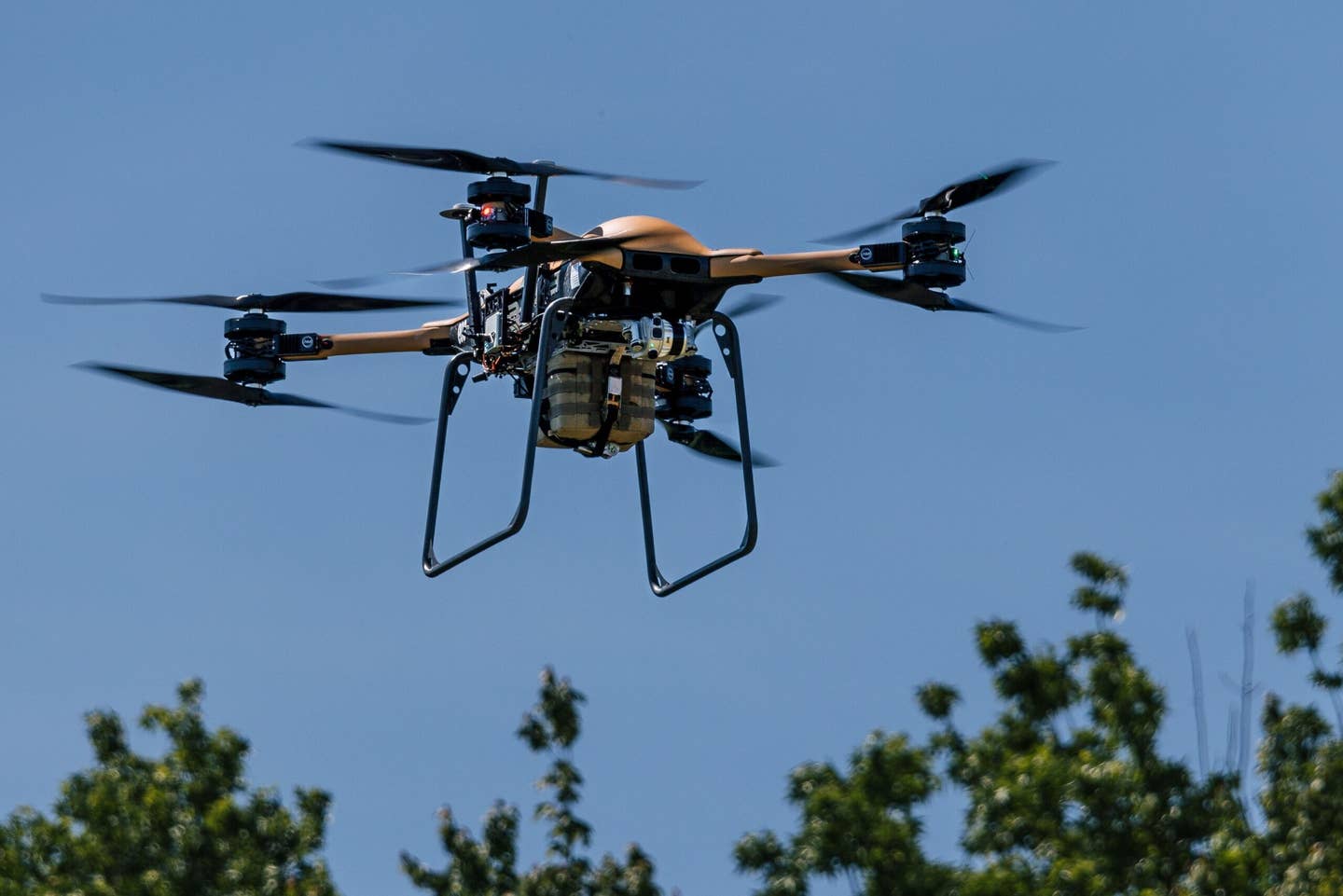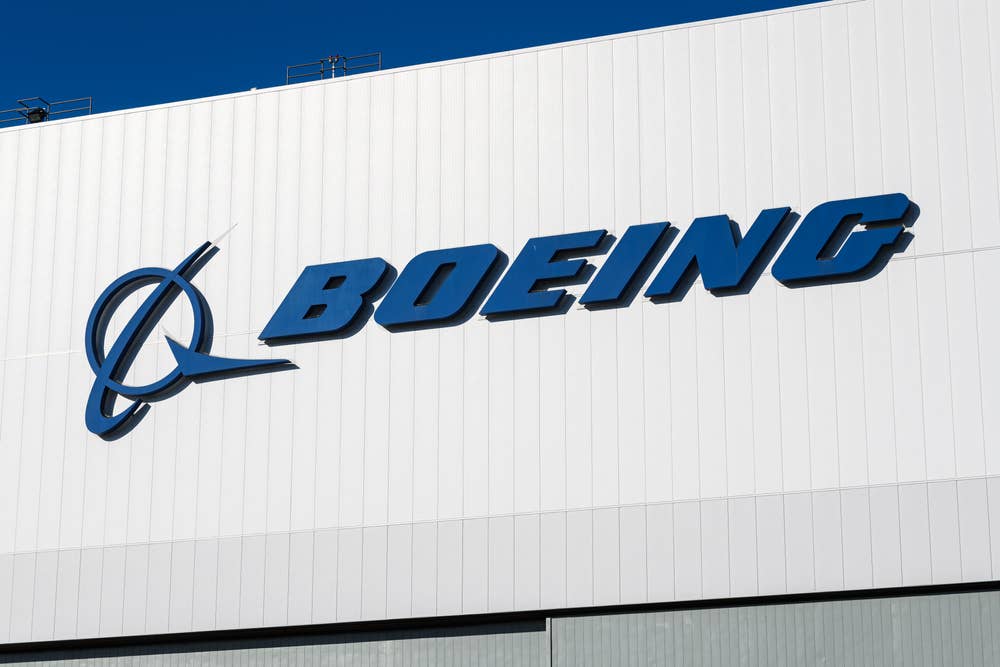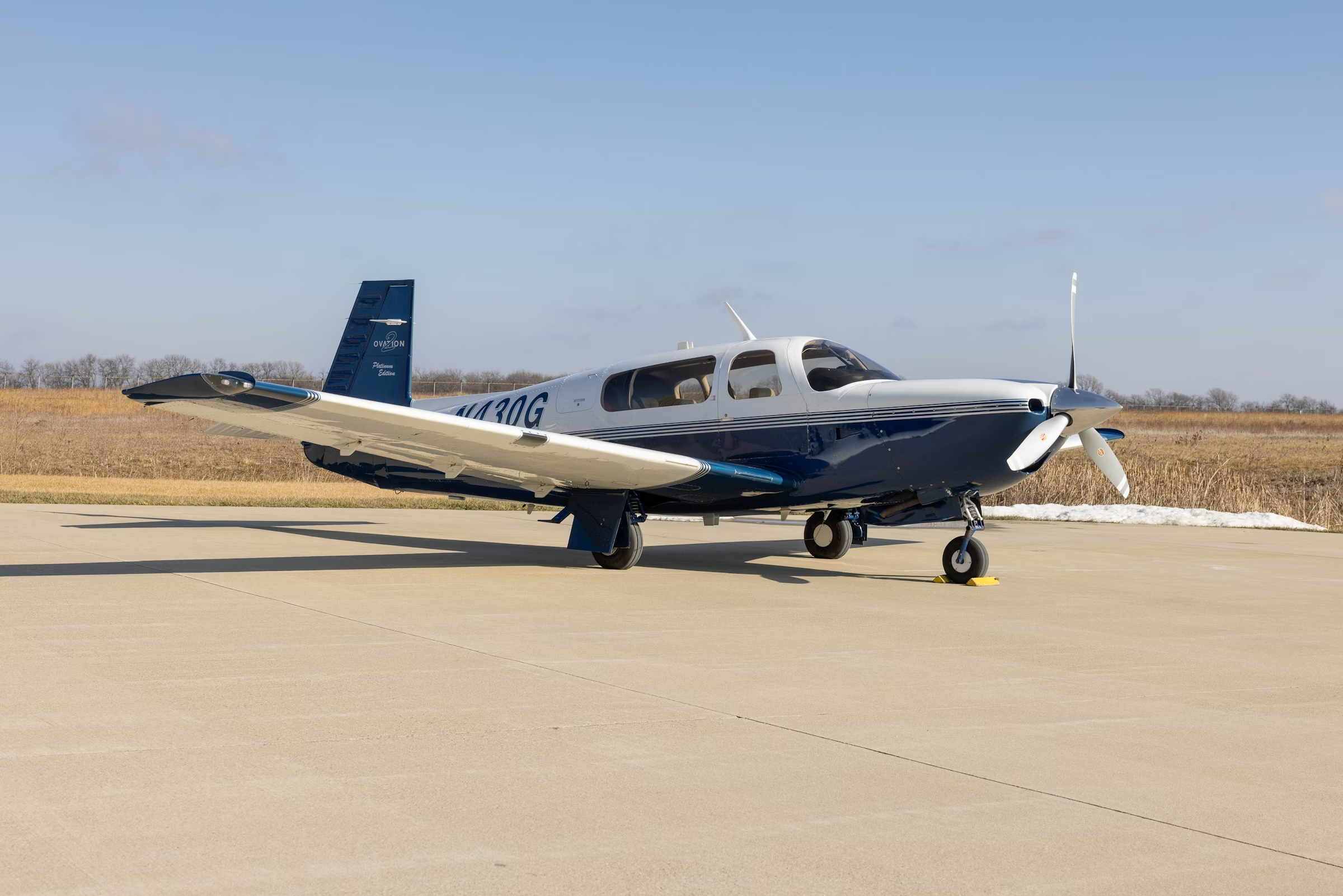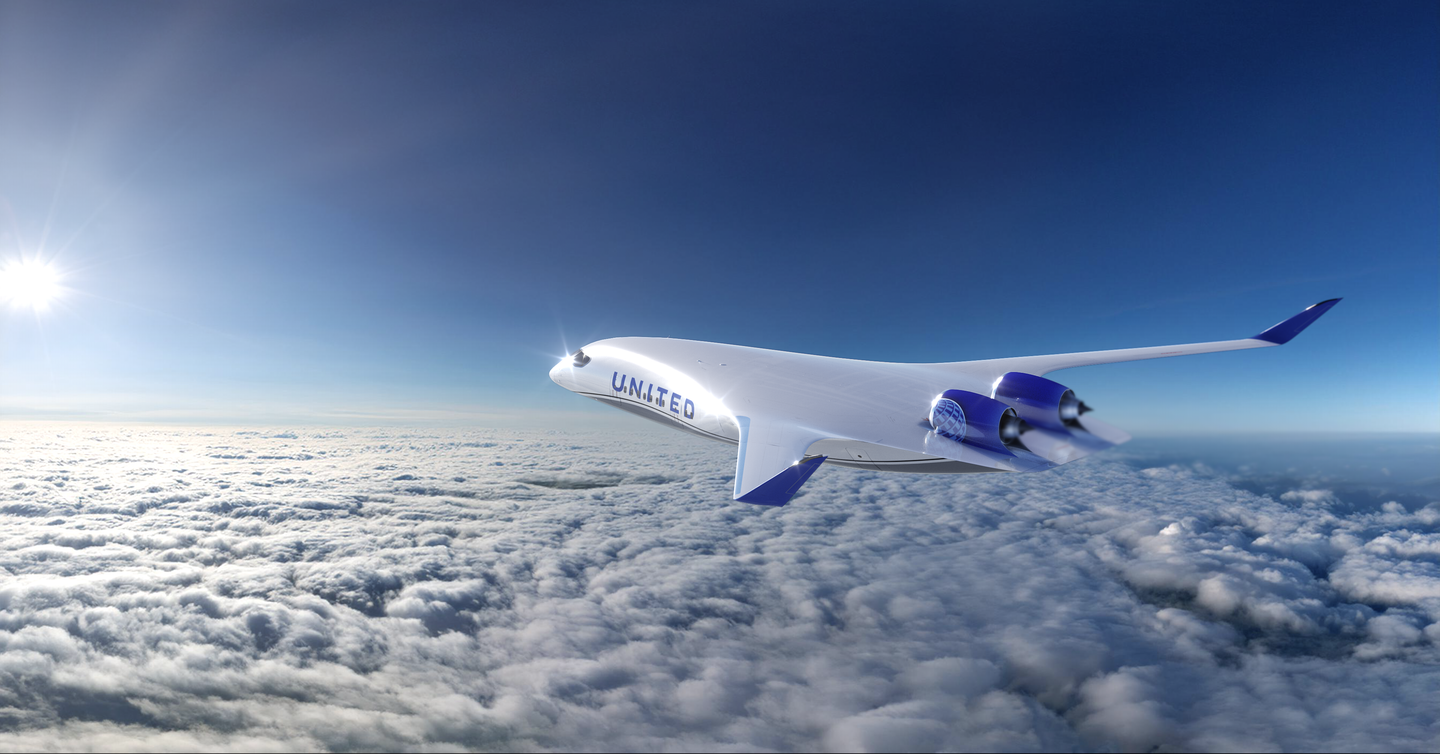Wheels Up Reports 55 Percent YOY Revenue Increase
Up, a private member-based aircraft operator, is celebrating a 55 percent revenue increase over the same period in 2020, despite reporting an $59 million third-quarter net loss.

Wheels Up celebrated its IPO earlier this summer. Wheels Up
Wheels Up, a private member-based aircraft operator, is celebrating a 55 percent revenue increase over the same period in 2020, despite reporting an $59 million third-quarter net loss, the company announced Wednesday.
The company, based in New York, cited a strong flight demand as the world re-embraces travel and the acquisition of private jet operator Mountain Aviation.
YEAR-OVER-YEAR: BY THE NUMBERS
Revenue per live flight leg increased 2 percent year over year to $11,076 as a result of a higher mix of larger-cabin flying and partially offset by a seasonal decrease in average flight-stage length.
Active members, a key metric it uses to assess the adoption of premium offerings, grew 45 percent to 11,375 driven by strong new member additions and existing membership retention, as well as continued success converting legacy jet card holders into members.
The company attributed the negative net income over the quarter to several factors, including a decrease in adjusted contribution margin caused by supply constraints and increased operating costs. Earlier in the quarter, the company announced an equity-based compensation plan to attract and retain pilots, which also increased expenses.
“Our supply constraints are no different than what many companies are facing today, and reinforces the need for the technology-enabled marketplace platform that we are building,” CEO Kenny Dichter said.
Forward Plans
The company, which celebrated its IPO earlier this summer, plans to democratize private aviation through its marketplace model, allowing it to scale up an order of magnitude faster than its competitors.
Outlining some of its initiatives to do this, the company announced new capped-rate pricing and program changes for its membership programs which will take effect on December 1, 2021.
The company recently entered a strategic relationship with American Express, offering its members exclusive benefits. One other strategic revenue driver is “UP for Business,” a partnership with Delta Air Lines to support business travelers who want to leverage both commercial and business needs.
Analysts question TAM
Earlier this week, as reported in Benzinga, Morgan Stanley analyst Brian Nowak challenged the company’s total addressable market (TAM) proposition, making the arguments that Wheels Up’s offering would only appeal to about the top 1 percent of U.S. households making at least $2.7 million per year.
The company believes that there are 21 million individuals with net worth of more than $1 million in the U.S. that could fill this market, but according to industry reports, less than 10 percent of those people currently use private aviation.
Nowak argues that given that private flying accounts for just 16 percent of total airline spending—and a Wheels Up flight is around 21 times more expensive than a business or first class flight—the company’s growth might be limited.
According to another Benzinga Brief, “[Novak’s] analysis suggests Wheels Up’s total consumer addressable market at 513,000 U.S. households and $25 billion of total consumer spend, with current household penetration at only 2 percent of this.”
Taking all of this into consideration, the Morgan Stanley report assigned a target price of $5.90, a downside risk between 19 and 27 percent, which caused the stock to experience a brief slide Monday.
“It’s imperative that we continue our investments to deliver the best experience possible for every customer,” Dcihter said.

Sign-up for newsletters & special offers!
Get the latest FLYING stories & special offers delivered directly to your inbox






